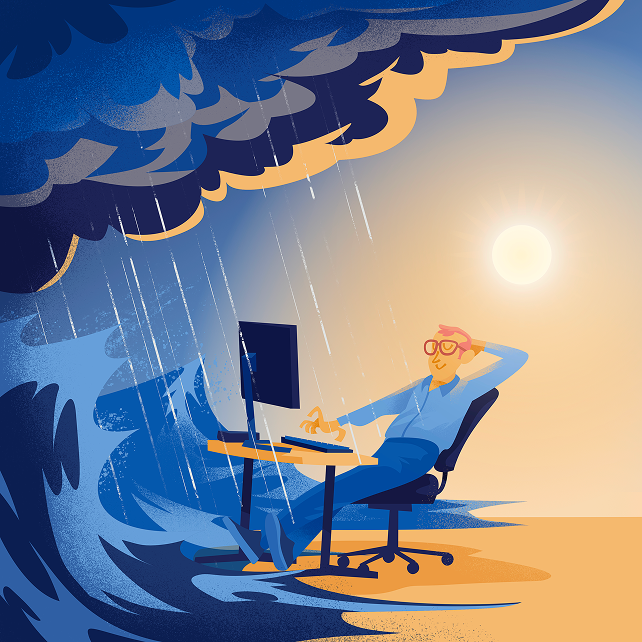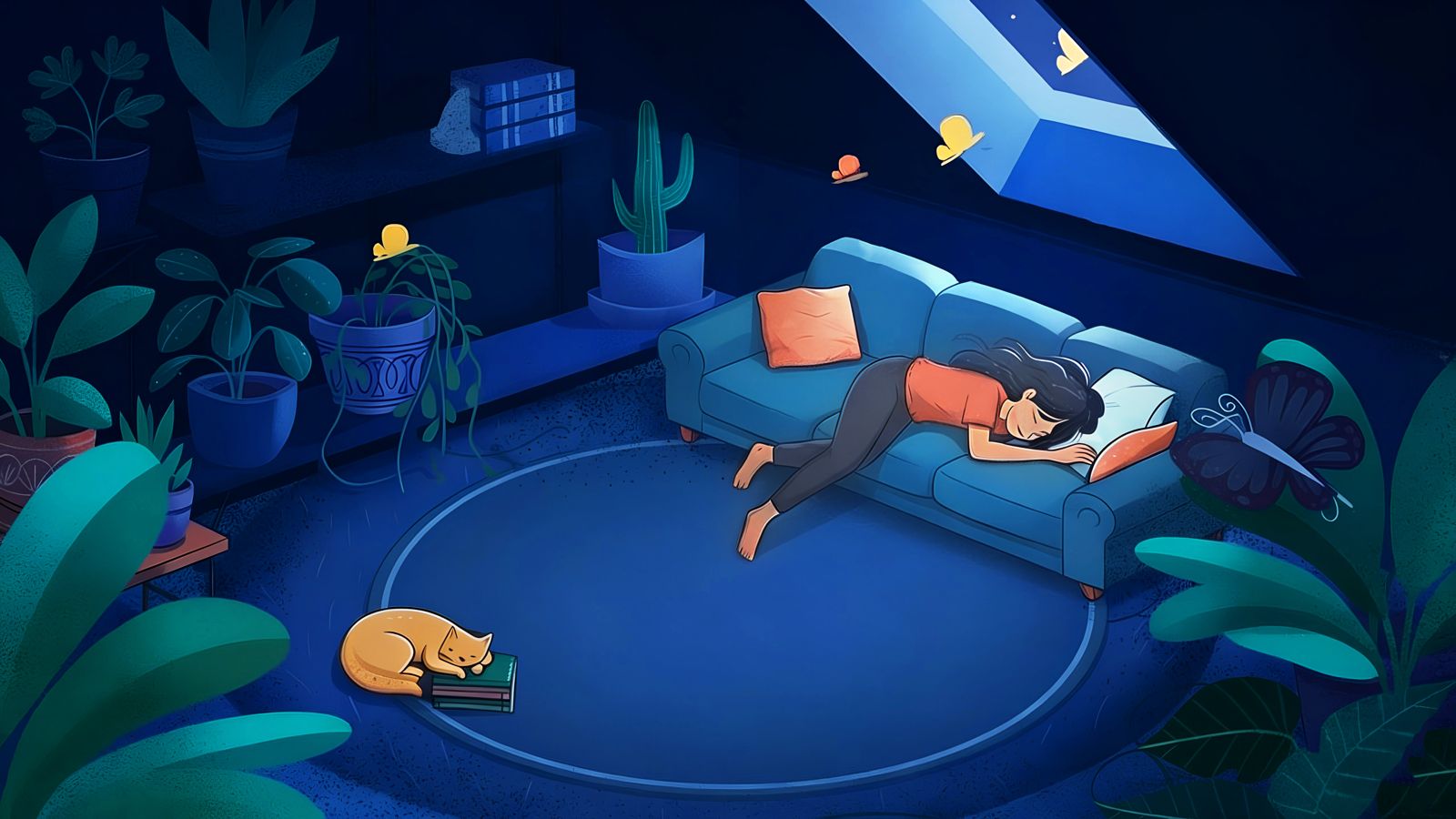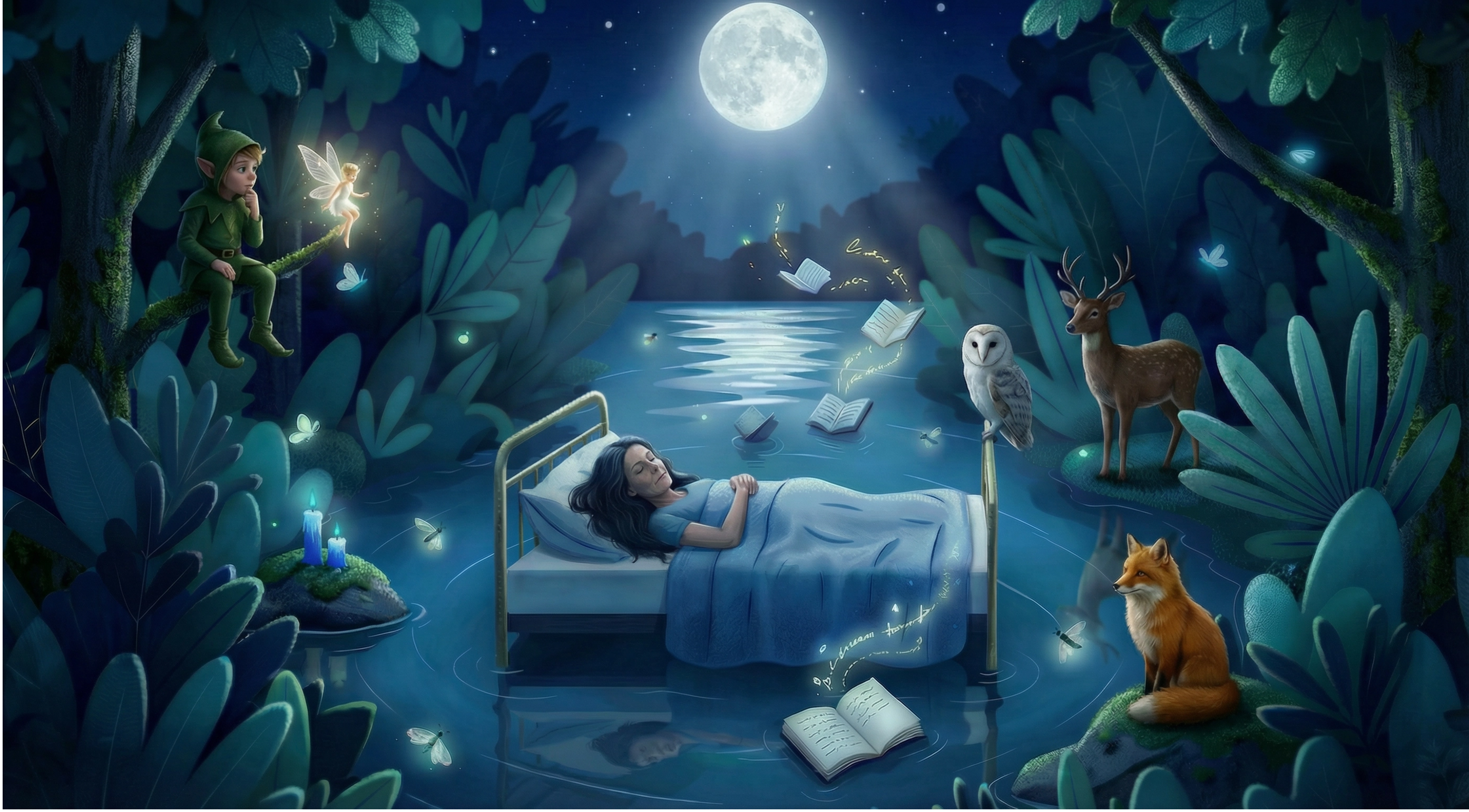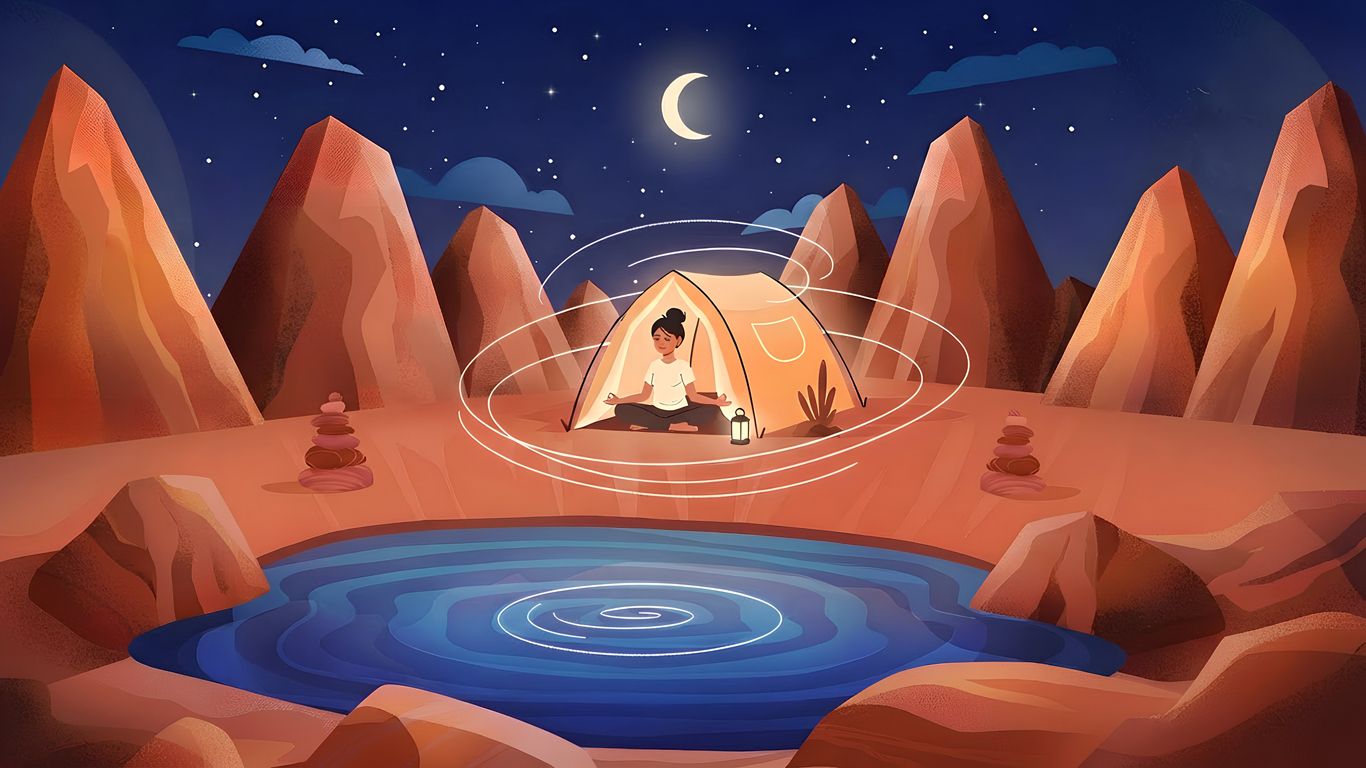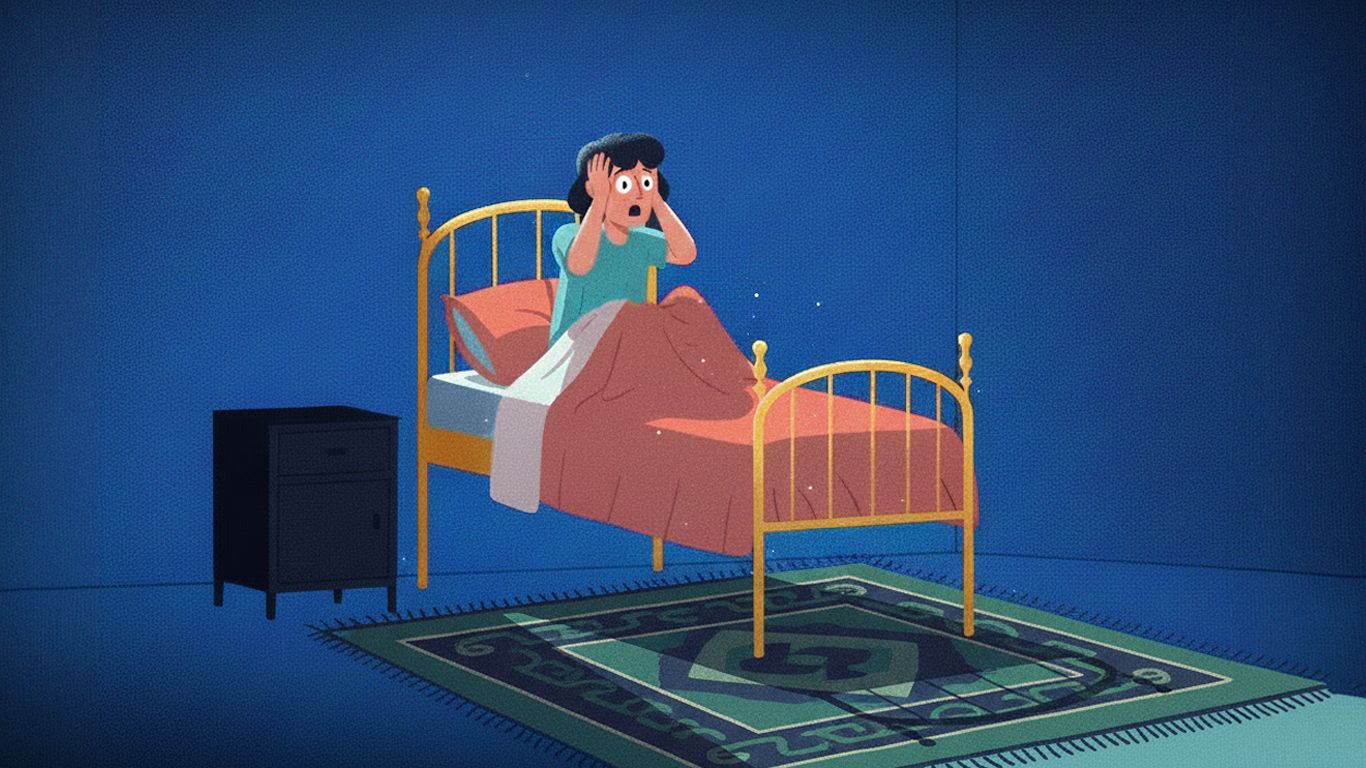
Dehydration: What You Need to Know
Dehydration occurs when your body loses more fluid than you consume. It’s easy to stay hydrated in most conditions but talk to your doctor if you struggle to stay hydrated.
How Much Water Do I Need Each Day?
Your body needs enough water every day simply to function. It moves blood through the body, eliminates waste, regulates temperature, cushions and lubricates the joints, and more. Even mild dehydration can begin to disrupt these functions.
The amount of water each person needs daily depends on individual factors. If you’re concerned about getting enough fluids, talk to your doctor about your specifics and follow their guidance. The average recommendation is 15.5 cups (8 ounces each) per day for men and 11.5 for women.
Remember that you get some of that water from the food you eat and that some people eliminate more water than others. You’ll need more if you live in a hot climate or are active and sweat throughout the day; you’ll need more.
Who is at Risk for Dehydration?
Heat, physical activity, and significant sweating are important risk factors. For instance, if you’re running a 5k on a hot day, you could become dehydrated without adequate fluid intake. Other risk factors for dehydration include:
- An illness that causes diarrhea or vomiting, or any bout of acute, severe diarrhea
- An illness that causes a fever
- Medications or illnesses that increase urination, for instance, diuretics or diabetes
Babies, children, and older adults are at a greater risk of dehydration for various reasons.


How Do I Know if I’m Dehydrated?
Mild thirst doesn’t mean you’re dehydrated, but it is a sign from your body that you need to take in more fluids. Dehydration causes extreme thirst, fatigue, dizziness, and confusion. If you urinate less than usual or your urine is dark in color, you could be dehydrated.
Complications of Dehydration
The complications of untreated dehydration can be serious. Thirst and fatigue can quickly lead to a heat injury, including heat exhaustion or cramps. Prolonged dehydration can damage your kidneys or lead to kidney stones.
Low electrolyte levels due to dehydration can cause seizures. Ultimately, dehydration causes low blood volume, which can lead to shock. This can be fatal as blood pressure drops significantly.
Other Complications of Insomnia
There are a few overlooked complications of dehydration. When mildly dehydrated day after day, you might not get to the point of heat injury or seizures, but it can affect your health and quality of life.
- Can Dehydration Cause Insomnia? Dehydration and sleep may counteract each other. Poor sleep often contributes to dehydration, making you uncomfortable and unable to sleep.
- Can Dehydration Cause Back Pain? Yes, a common complaint is back pain—gel-like material between the vertebrae in your back cushion the spine. When dehydrated, this material can no longer provide adequate protection, resulting in pain.
- Can Being Dehydrated Make Your Pee Burn? Dehydration does not cause painful urination, but it can worsen conditions. For instance, dehydration causes more irritation and pain if you have cystitis or a urinary tract infection.


Stay Hydrated, Day and Night
Drink water and other fluids throughout the day. If you’re particularly active, choose electrolyte fluids, which hydrate better when you lose both salts and water through sweating. For optimal sleep, stop drinking a couple of hours before bed, but be sure you are well hydrated before that.
Talk to your doctor if you still struggle with dehydration or related symptoms despite your best efforts. A medication or underlying condition could be causing it and should be addressed.




